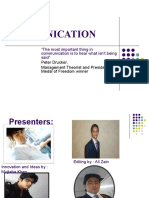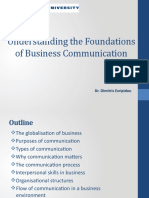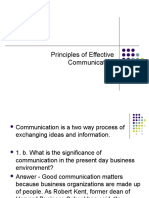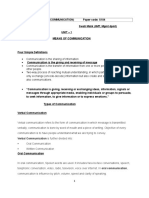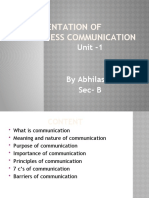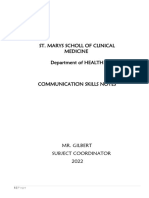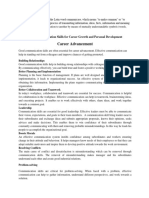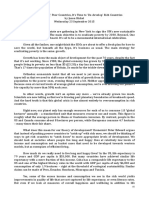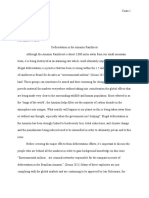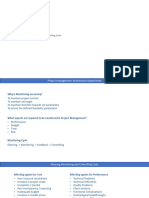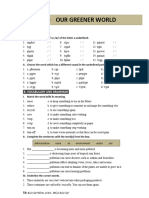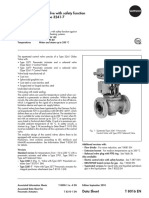0% found this document useful (0 votes)
19 views19 pages01) What Is Communication - Basics
Communication is defined as the exchange of thoughts, opinions, or information through various means, and is essential for human interaction and progress. It involves a two-way process that requires a sender, a medium, a receiver, and feedback to ensure effective understanding. Effective communication skills are crucial for building relationships, preventing misunderstandings, and enhancing personal and professional success.
Uploaded by
pushkarsingh102023Copyright
© © All Rights Reserved
We take content rights seriously. If you suspect this is your content, claim it here.
Available Formats
Download as PPTX, PDF, TXT or read online on Scribd
0% found this document useful (0 votes)
19 views19 pages01) What Is Communication - Basics
Communication is defined as the exchange of thoughts, opinions, or information through various means, and is essential for human interaction and progress. It involves a two-way process that requires a sender, a medium, a receiver, and feedback to ensure effective understanding. Effective communication skills are crucial for building relationships, preventing misunderstandings, and enhancing personal and professional success.
Uploaded by
pushkarsingh102023Copyright
© © All Rights Reserved
We take content rights seriously. If you suspect this is your content, claim it here.
Available Formats
Download as PPTX, PDF, TXT or read online on Scribd
/ 19










